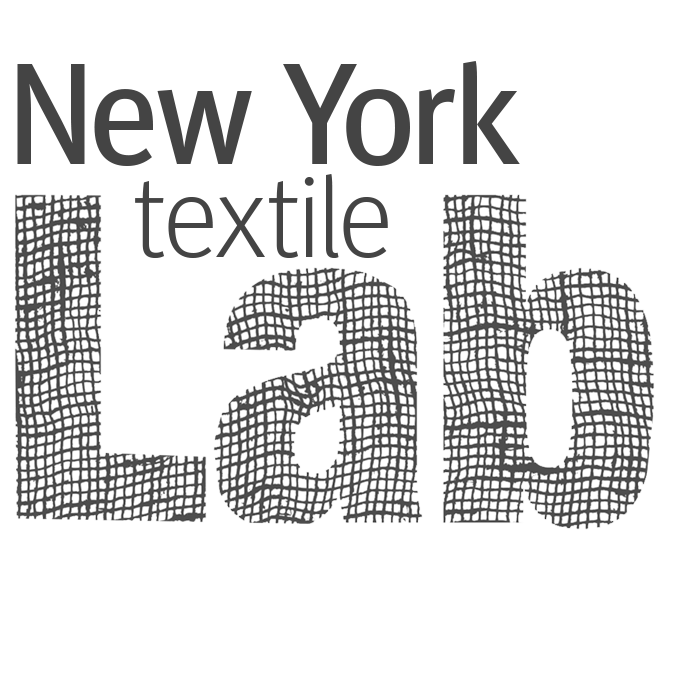Future of Fashion: Color Sustainability
The discussion highlighted the challenges and opportunities in sustainable fashion, focusing on the role of natural dyes. Traditional, centralized supply chains prioritize efficiency over sustainability, and large brands are often reluctant to adopt sustainable practices due to costs and systemic barriers. Natural dyes, while offering a sustainable alternative, face issues like scalability, infrastructure, and consistency.
Smaller brands and entrepreneurs are driving innovation by collaborating with local farmers and mills, using bioregional textiles and embracing natural color variations. These efforts promote sustainability and deepen consumer engagement. However, consumers must shift from trend-driven, disposable fashion to valuing durable, meaningful products. Education is essential to fostering this mindset.
Entrepreneurs have opportunities in niche markets like color-grown fibers, natural dyes, and experiential fashion. Collaboration, storytelling, and transparency are key to building resilient, sustainable businesses. The panel emphasized the importance of education and community-driven approaches to transform the industry, making sustainability the foundation for fashion's future.
This panel was organized by: Fashion Entrepreneurial Initiative (FEI), Babson College
speakers:
Peggy Bloom - Author of Circular Design, educator in Design Creative Technologies at the University of Texas at Austin.
Amy Devoe - Director of Sustainability at Botanical Colors, Co-Director of the Fibershed Waste Wool Working Group, former sustainable fashion journalist.
Laura Sansone - Founder of the New York Textile Lab, New York Fibershed Affiliate, and Professor of Textiles at Parsons School of Design.
Caroline Daniels - Facilitator of the discussion and affiliated with Babson College.
